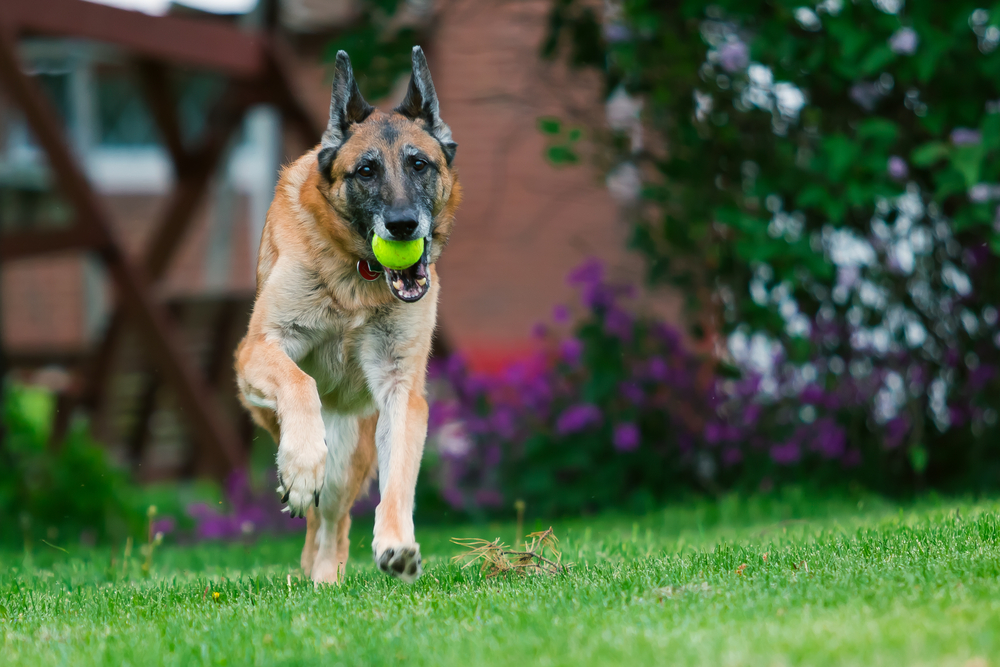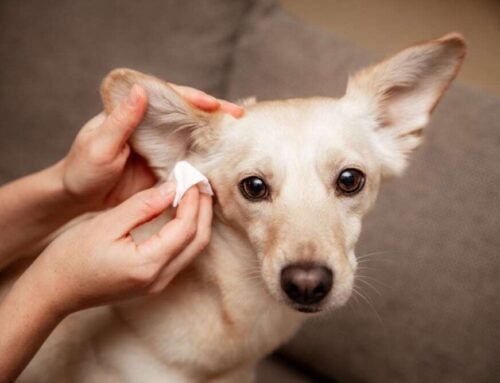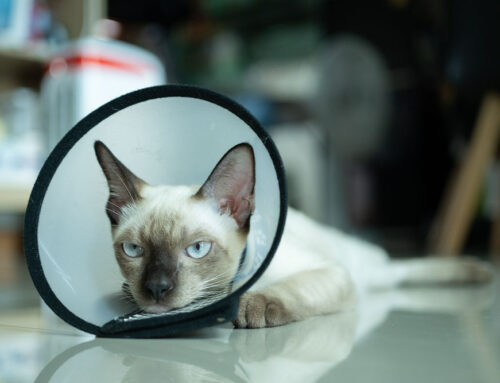As pets age, they require additional support and care. Their physical and mental health can decline, making them more susceptible to diseases, discomfort, and a reduced quality of life (QOL). However, you can make your senior pet’s golden years some of their happiest and healthiest by adjusting to their changing needs and ensuring they remain comfortable and content. Our Animal Medical Hospital of Naples team shares the do’s and don’ts for supporting your senior pet.
DO schedule biannual senior pet wellness exams
Regular preventive care is essential for maintaining your senior pet’s health. Geriatric pets have a high risk for many significant health problems, and our veterinary professionals should evaluate your furry pal’s health status every six months to help detect issues before they cause complications. Pets’ potential age-related conditions include:
- Cancer — Cancer is the most frequent cause of death in middle-aged and older pets. A cancerous condition can significantly decrease your pet’s QOL.
- Cataracts — Cataracts can develop gradually or quickly, inhibiting your pet’s ability to see, and vision loss can cause some pets extreme fear and anxiety.
- Chronic kidney disease (CKD) — CKD inhibits the body’s ability to filter the blood’s biological waste, causing an affected pet to feel ill and nauseated.
- Obesity — More than 50% of pets are overweight or obese. Excess pounds can significantly affect a pet’s mobility and breathing ability.
- Arthritis — Many senior pets have arthritic joints, which cause pain and decreased mobility.
Pets often do not show illness signs until a condition has advanced. However, routine wellness screenings allow our veterinary professionals to examine your pet, so we can detect subtle changes that indicate health problems before your furry pal exhibits obvious signs.
DON’T overlook your senior pet’s chronic pain
Because you see your pet every day, you may have difficulty recognizing that they are in pain. As pets get older, they naturally slow down, but you should not mistake aging for potential pain signs. Chronic pain, often caused by age-related conditions such as osteoarthritis and dental disease, is common in geriatric pets. Watch your senior pet closely for these chronic pain-causing behavior changes:
- Decreased activity
- Reluctance to go for walks
- Difficulty using stairs
- Decreased appetite or thirst
- Shaking or trembling
- Excessive sleeping
- Limping
- Shallow breathing
- Whimpering
- Difficulty rising from a sitting or reclining position
- Reluctance to jump (e.g., onto furniture, into the car)
- Excessive licking one body area
If your pet is exhibiting behavioral changes that suggest they are in pain, contact our Animal Medical Hospital of Naples team, so we can determine the cause and devise an appropriate pain management plan. We base your pet’s pain management strategy on the condition causing their discomfort and may prescribe one or more of the following:
- Pain medications
- Nonsteroidal anti-inflammatories (NSAIDs)
- Joint supplements
- Physical therapy
- Laser therapy
- Weight management
DO maintain your senior pet’s healthy weight
The majority of U.S. pets are overweight, but many pet owners don’t realize their furry pal is carrying extra pounds. Overweight pets can develop serious health problems, and senior pets who are carrying extra pounds are especially at risk. As pets age, their metabolism slows, and they often become less active, making weight gain a concern. To maintain your senior pet’s healthy weight, follow these tips:
- Feed your pet a well-balanced diet.
- Measure your pet’s meal portions.
- Limit high-calorie treats.
- Provide regular mental stimulation and physical exercise.
- Monitor your pet’s weight and body condition.
DON’T neglect your senior pet’s dental health
Dental disease is one of pets’ most common medical conditions, with more than 70% of dogs and 80% of cats exhibiting dental disease signs by age 3. If you neglect your pet’s regular professional dental care, they are likely to experience pain, periodontal disease, permanent organ damage, and a shortened life span. Protect your pet’s wellbeing and add years to their life by ensuring their dental health care routine includes:
- Regular veterinary dental exams and professional teeth cleanings
- Daily at-home toothbrushing
- Veterinary Oral Health Council (VOHC)-approved dental chews
DO assess your senior pet’s quality of life

Unfortunately, your pet cannot live forever, and regularly assessing your senior pet’s QOL can help determine their health, comfort, and ability to participate in and enjoy life. A QOL scale is a tool that can help you objectively measure the factors that contribute to your pet’s comfort and wellbeing and can be useful when making difficult end-of-life decisions to protect your pet from pain and suffering.
Senior pets are undeniably special, and they deserve the highest-quality veterinary care. Schedule your senior pet’s biannual wellness exam with our Animal Medical Hospital of Naples team.







Leave A Comment